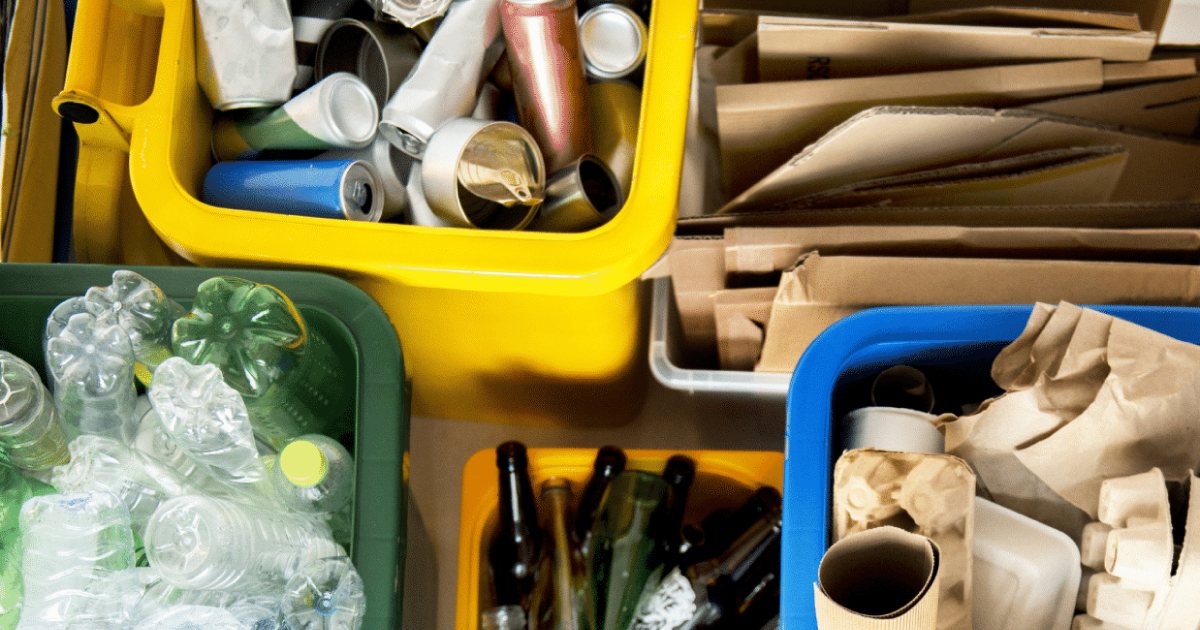
The Race to Sustainability
Sustainability continues to be a major focus as companies across the licensing industry increasingly craft environmental, social, and governance (ESG) standards to meet consumer demands.
That much was clear during the first webinar in Licensing International’s “Sustainability Spotlight” series, which featured Marco Reyes, Senior Director for Sustainability at Walmart. During the presentation, Reyes said issues like recycling, emissions, and natural resources are given significant weight during the retailer’s product purchasing decisions.
It’s an ESG strategy that’s not only being adopted across retail and supply chains, but one that is also finding its way into consumers’ buying decisions. And by studying consumers’ purchases, Reyes says retailers can understand what those customers prioritize and service their needs.
“It starts with what the customer wants and, if we provide that for them, we will be around in the future. That translates to suppliers in that if they are bringing things to us that our customers want, then we will do business with them,” he said.
And suppliers are responding as a result. For example, licensed apparel supplier Akroyd & Sons is developing “Sourcing for the Future,” a sourcing policy document that is part of the company’s renewed push for sustainability, both internally and across its supply chain. This document follows the restructuring of Akroyd’s compliance and sustainability division late last year.
Shiseido China plans to offer refillable options for more than 150 beauty products and is working with agencies to draft industry-wide standards for refillable items. Additionally, more than 16.3 million customers purchased eco-friendly products during Singles Day in China last November on the Tmall and Taobao platforms. The eCommerce platforms also used Alibaba’s Cainiao logistics division, which cut the number of materials used per parcel by an average of 15%. And, driven by consumer purchases, Tmall formed a Green Alliance with brands such as Gerber, Innisfree, Nespresso, Xpeng, and Brita to promote green production and consumption.
“The moral across the globe is if you don’t have an ESG strategy and aren’t starting to implement it, there is a massive risk three to five years down the road for your products,” Brand Activation Consulting CEO Michelle McLaughlin said. “You will start to lose market share if you don’t start to mold your business into this [ESG] model. We are seeing this in Europe and there is a lot of risk if [companies] don’t take these steps. But there is also a lot of opportunity because there are new companies and ways of doing business that increase the chances for being on the store floor.”
In fact, smaller companies’ ability to quickly adopt ESG standards may allow them to challenge larger competitors by highlighting their environmental strategies. These new and up-and-coming suppliers are succeeding by “challenging the status quo” when it comes to developing products that meet ESG standards and making that part of their sales strategy, Reyes said.
“New brands are becoming big brands because they are challenging the status quo and coming up with solutions,” he said.
Those solutions will only become more important as companies are faced with complying with policies concerning greenhouse gas (GHG) emissions. For example, industry standards for Scope 1 emissions (direct emissions from sources owned or controlled by a reporting company) and Scope 2 emissions (indirect emissions generated from purchased energy including electricity, steam, heating, and cooling) have already been adopted. But policies for Scope 3 emissions, which are emissions across the supply chain that typically account for 70% of a company’s carbon footprint, are still being developed.
“With Scope 3, some of it is controlled by legislation and it is something that we have had conversations [about] with key suppliers,” McLaughlin said. “Being proactive about it is a smart thing and you cannot be too early because legislation is not far behind in Europe. If you want to stay relevant, you have to embrace technology and the same goes for sustainability.”

















